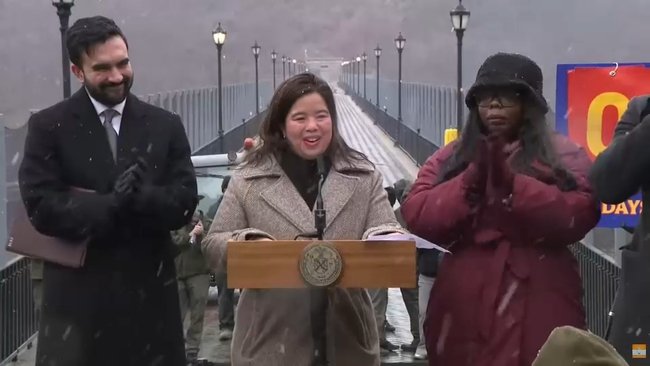
Former U.S. President Donald Trump has launched a pointed attack on tech billionaire Elon Musk, suggesting that without American government support, Musk would have no choice but to shut down his operations and return to his birth country, South Africa.
The remarks came amid Trump’s push for the passage of his proposed “Big Beautiful Bill,” which aims to eliminate federal subsidies for electric vehicle manufacturers and impose higher taxes on large tech and green energy corporations—many of which have benefited significantly from government incentives under previous administrations.
In a strongly worded post, Trump acknowledged Musk’s recent public endorsement but made it clear that his policies remain firmly opposed to the federal electric vehicle (EV) mandate, a core component of U.S. green energy strategy that has largely benefited companies like Tesla.
“Elon Musk knew, long before he so strongly endorsed me for President, that I was strongly against the EV mandate,” Trump stated. “It is ridiculous and was always a major part of my campaign.”
Trump went further, casting doubt on Musk’s entrepreneurial achievements by emphasizing the critical role federal support has played in his success.
“Elon may get more subsidy than any human being in history, by far,” he said. “And without subsidies, Elon would probably have to close up shop and head back home to South Africa. No more rocket launches, satellites, or electric car production, and our country would save a fortune.”
The comments have stirred public and political debate, as many view Musk—who was born in Pretoria, South Africa, and became a U.S. citizen in 2002—as a symbol of American innovation. His companies, including Tesla and SpaceX, have received billions in federal contracts and tax incentives over the past decade.
While Musk has not yet issued a public response to Trump’s remarks, the former president’s direct reference to his South African roots and suggestion that Musk has overstated his independence from federal funding have injected fresh tension into their complicated political relationship.
The situation raises questions about whether Musk’s businesses could maintain their dominance without government support, and whether Trump’s legislative agenda might signal a shift in how the U.S. supports clean energy and tech innovation.








